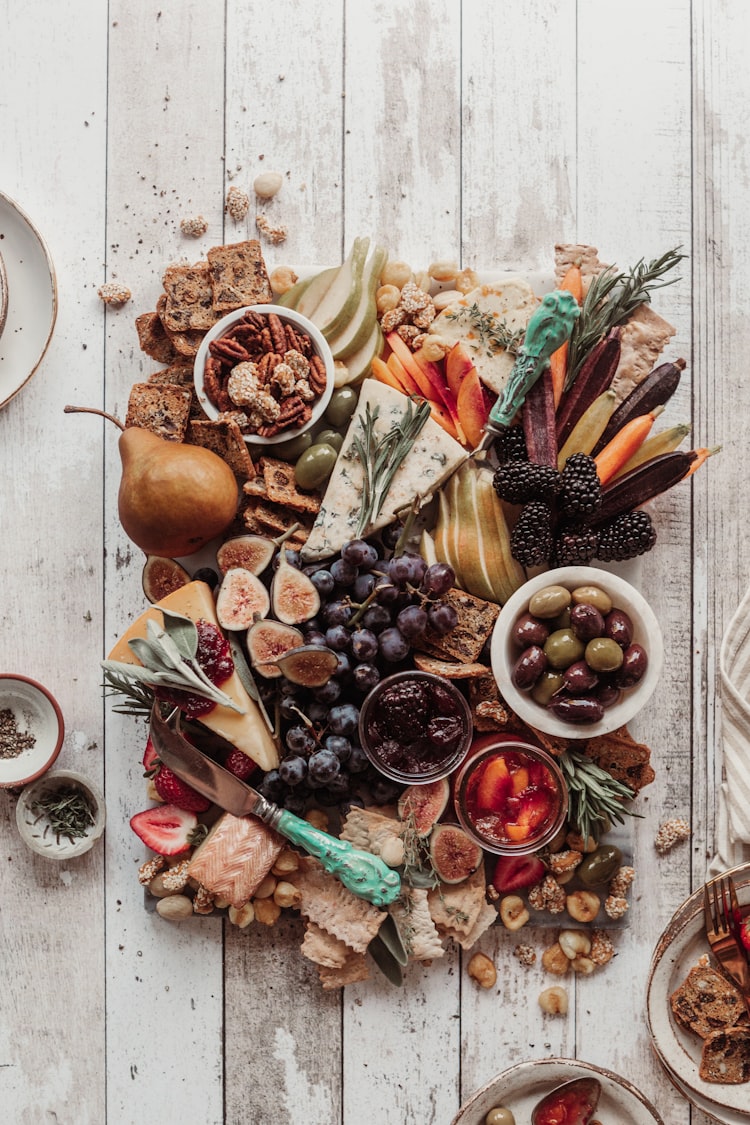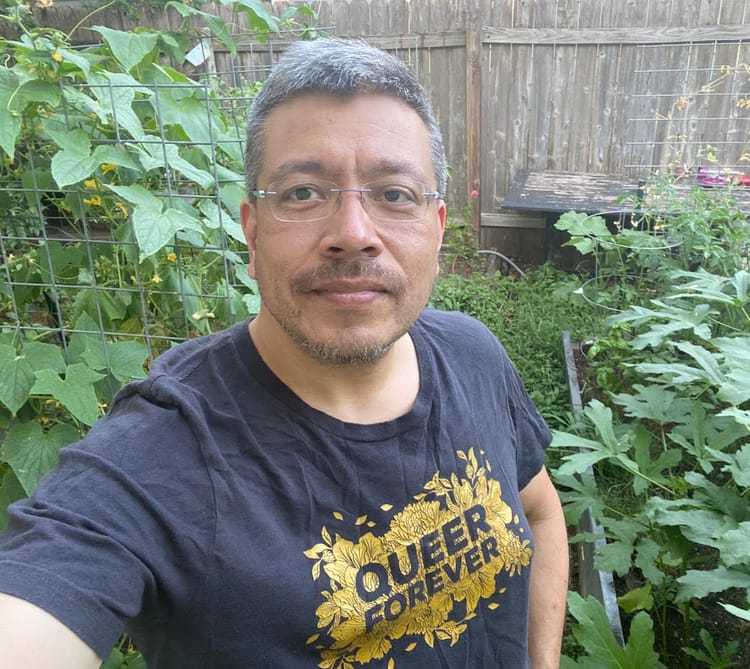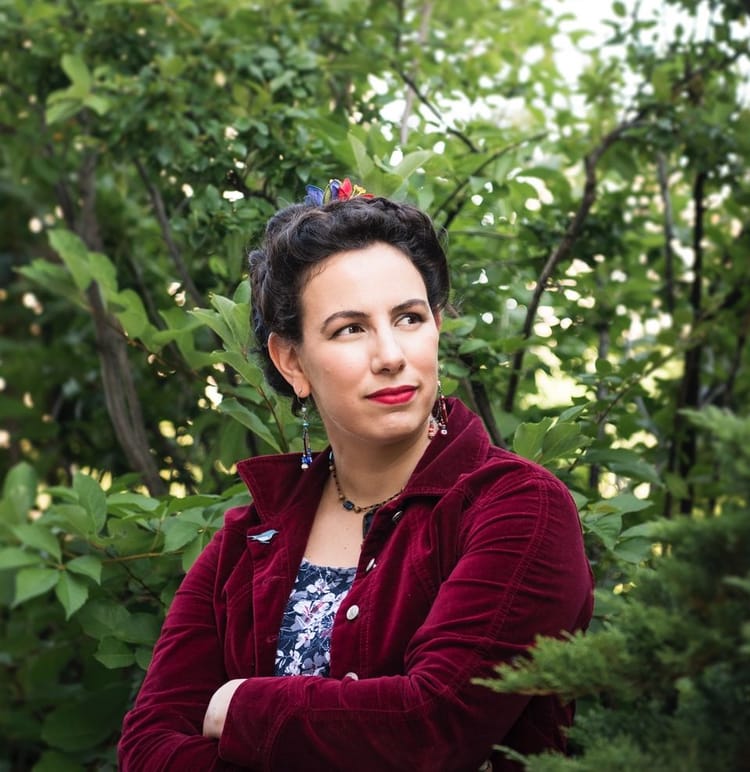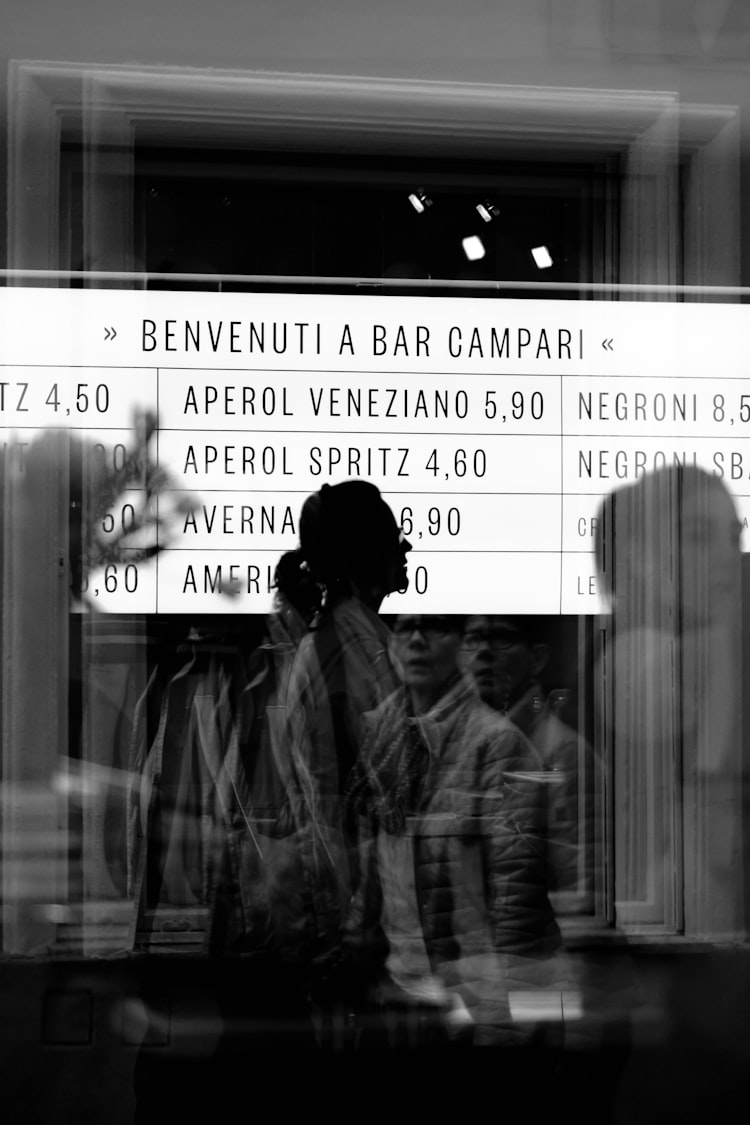These Recipes Aren’t Ours

Subscribe to Stone Soup to get updates, recipes, and book recommendations in your inbox every week.
I didn’t come up with this on my own. It’s one of the most common refrains among those of us who pass recipes back and forth. We share insights and attributions in the same breath. When telling a friend about a technique I learned, I find myself wanting to lead with the name of the person who told me about it, as if to say, this isn’t mine. Don’t give me credit.
I want to do that, but I often can’t, because I combine recipes and methods so frequently. I almost never follow a single recipe all the way through; instead, I’ll read through fifteen to twenty different approaches to the same dish, then walk into my kitchen and make an attempt based on what seems to make the most sense. I get excited when I know for sure that a recipe I’m using is from a single source, so much so that I will announce with enough fanfare that my guests think a story is coming. There is no story — the story is simply that I know who to credit with the knowledge that has been shared with me. My friend Héctor taught me this chimichurri recipe — I’m as thrilled to say it as I am to eat the food itself.
When I talk about recipes with people, this question comes up over and over again: where do we give credit? If one’s grandmother’s famous cookie recipe turns out to come from the back of a bag of chocolate chips, can it really be called a family recipe? If one has modified a recipe beyond recognition, is it something new and unique, or just a rip-off? Where does ownership live?
I remember many years ago, I posted a joke-thread to Twitter. This was something I did often back when I lived on that website, trying to crunch through a miasma of abysmal vibes by sharing a deluge of groaners. The thread is gone now, lost to the appetite of the robot that deletes my old tweets, but I still remember one of those jokes. It goes like this:
What’s the difference between a hippo and a zippo? One’s heavy, and the other’s a little lighter.
The thread blew up (as fun things sometimes did back then) and shortly thereafter, a man arrived in the replies, upset. He said that I had stolen his hippo/zippo joke, a joke he had recently used to win a big pun competition in the place he was from. He wanted credit.
I tried a level, if somewhat cranky, approach to this conflict, telling him that I’d just been repeating a corny joke I’d heard floating around ages ago and didn’t think I’d stolen anything. He didn’t back off. He insisted that he’d invented the joke especially for the contest, that he was the originator and I was a thief. A friend of mine then used her formidable google powers to reveal the truth: the joke had been bumping around the internet long before he’d been crowned the Pun King.
He was shaken by the news that he hadn’t invented the joke. I don’t blame him. When one approaches things with a sense of ownership and invention, it’s jarring to learn that one isn’t always being completely original. With jokes and recipes and turns of phrase, it can be impossible to separate things we created from things we absorbed, internalized, and re-accessed later.
I think of this every time I have the conversation about how to attribute recipes, because I think these things are the same. Sometimes when sharing a joke — in professional circles, especially — it’s absolutely vital to say here is the name of the comedian who wrote this joke to use in his act. When we say that, we’re promoting the work of a master craftsman, and taking care not to credit ourselves or the world at large with the skilled work of their mind.
Other times, when we share a joke, it’s important to say this is a joke my friend came up with. When we say that, we’re saying here is a joke I learned, but we’re also saying I love my friend, aren’t they funny? Now you can appreciate them too.
Sometimes, a joke is enhanced when we say I heard this one from a taxi driver as I was headed to the airport today. One of the secrets to finding joy in this world is to seek out the ever-present undercurrent of the unexpected, and sharing the unexpected with other people is a way to point them to the joy we find when we least expect it.
And sometimes, it just doesn’t matter where the joke came from. Sometimes, what matters is that we’re sharing something that made us laugh with someone who we want to make laugh. Maybe the joke exists in the ether, a got your nose that everyone can access — or maybe it’s just sunk deep enough into the fabric of our own humor that we can’t trace the source anymore.
I put a slice of cheddar cheese on top of an apple the other day and thought ooh, cheddar cheese on apple pie sounds good; the thought originated inside my own mind, but the idea absolutely did not. I couldn’t tell you where that idea came from — where I first heard it, where I last heard it, whose voice I connect it to — but I know it’s not mine. I’m fine with that. I learn about food from Ottolenghi or Justine Doiron, from friends and long-dead family members, from strangers on the train who I overhear telling their friends about what they made for dinner, from dreams I have during afternoon naps.
As far as I’m concerned, none of it is mine. The recipes I make and share ultimately belong to cooks around the world who experiment and iterate and then share their findings with the rest of us, so we can learn and create together.
I’m just happy to be part of it.
Here’s what’s in store for the month of February:
Alexis Lawson’s Sweet Potato Bread
Alexis Lawson, author of the poetry collection Finding The Beauty in my Bare Bones, shares a recipe for sweet potato bread.
Her essay on the iconic structures that support the kitchens of Black homes, the lessons of Black femininity taught within those walls, and the paradoxical nature of religion will be in your inbox on February 15.
Marina’s Olivier Salad
Marina Berlin, host of the Pop Culture Sociologist podcast, shares a recipe for Olivier Salad.
Her essay on Novyi God, tradition, and what it’s like to celebrate the New Year while a war is being waged against your country will be in your inbox on February 22.
If you’re a member of the Stone Soup Supper Club, you’ll get early access to each month’s recipes, plus access to a lively community in the comments section. We’ll chat about making the recipes in our own kitchens — what we modify and substitute, how we succeed and fail, and what connections we make as we feast together. Paying subscribers also share book recommendations and co-working dates. Come join us, and if you’re already a member, I can’t wait to hear what’s cooking.
If you’d like to own the Personal Canons Cookbook ebook, which collects all these essays and recipes in easy-to-reference, clickable format—plus loads of bonus recipes from me!—join the Stone Soup Supper Club. The ebook is free for subscribers, who will get the download link in their inboxes in the first Supper Club email of 2024!
—Gailey






Member discussion